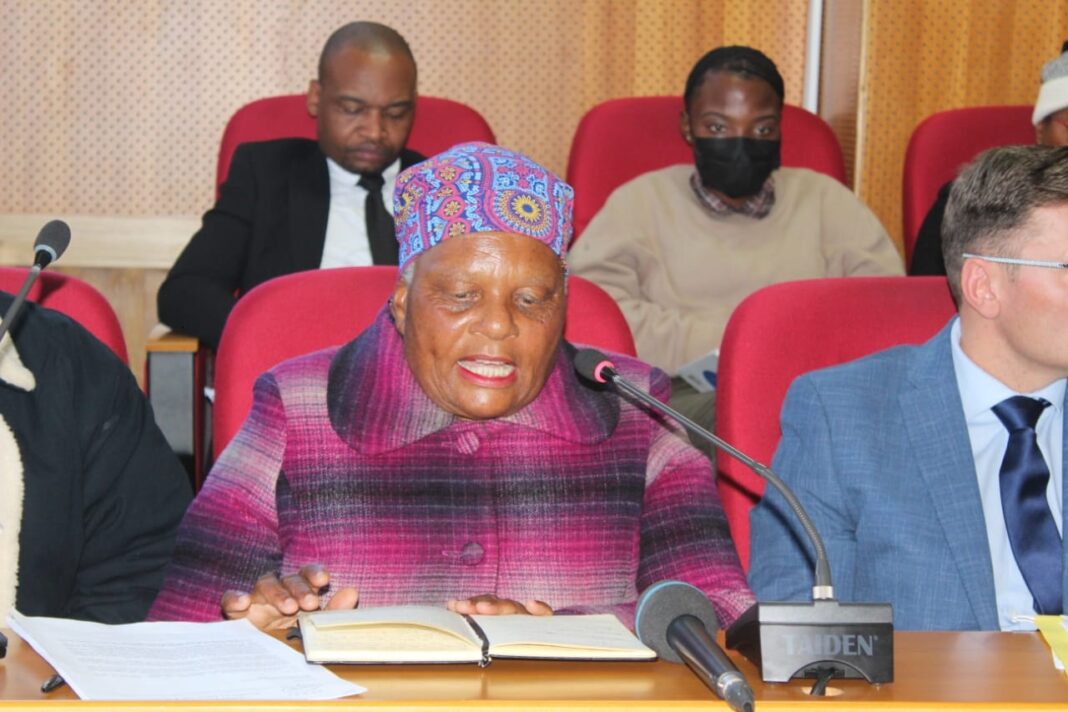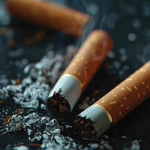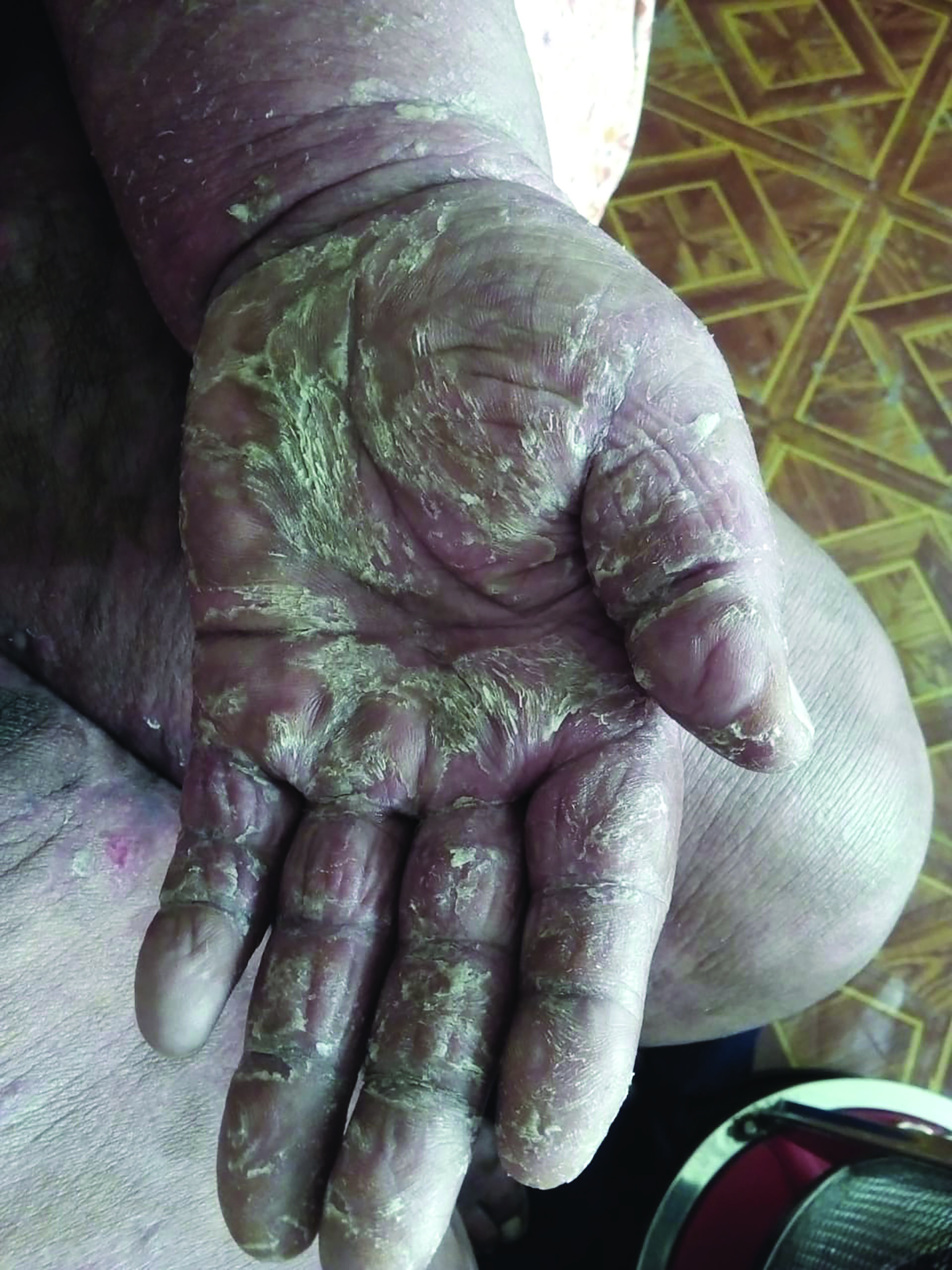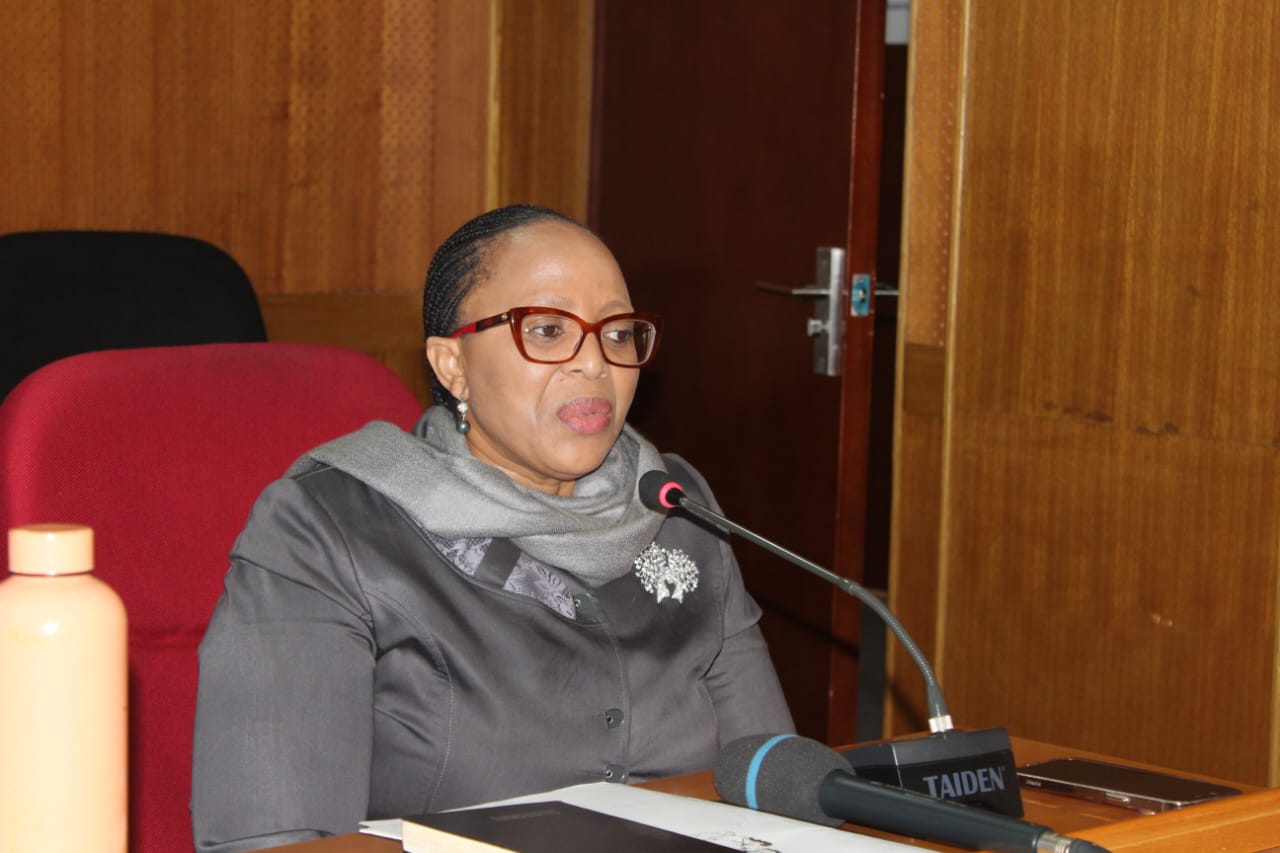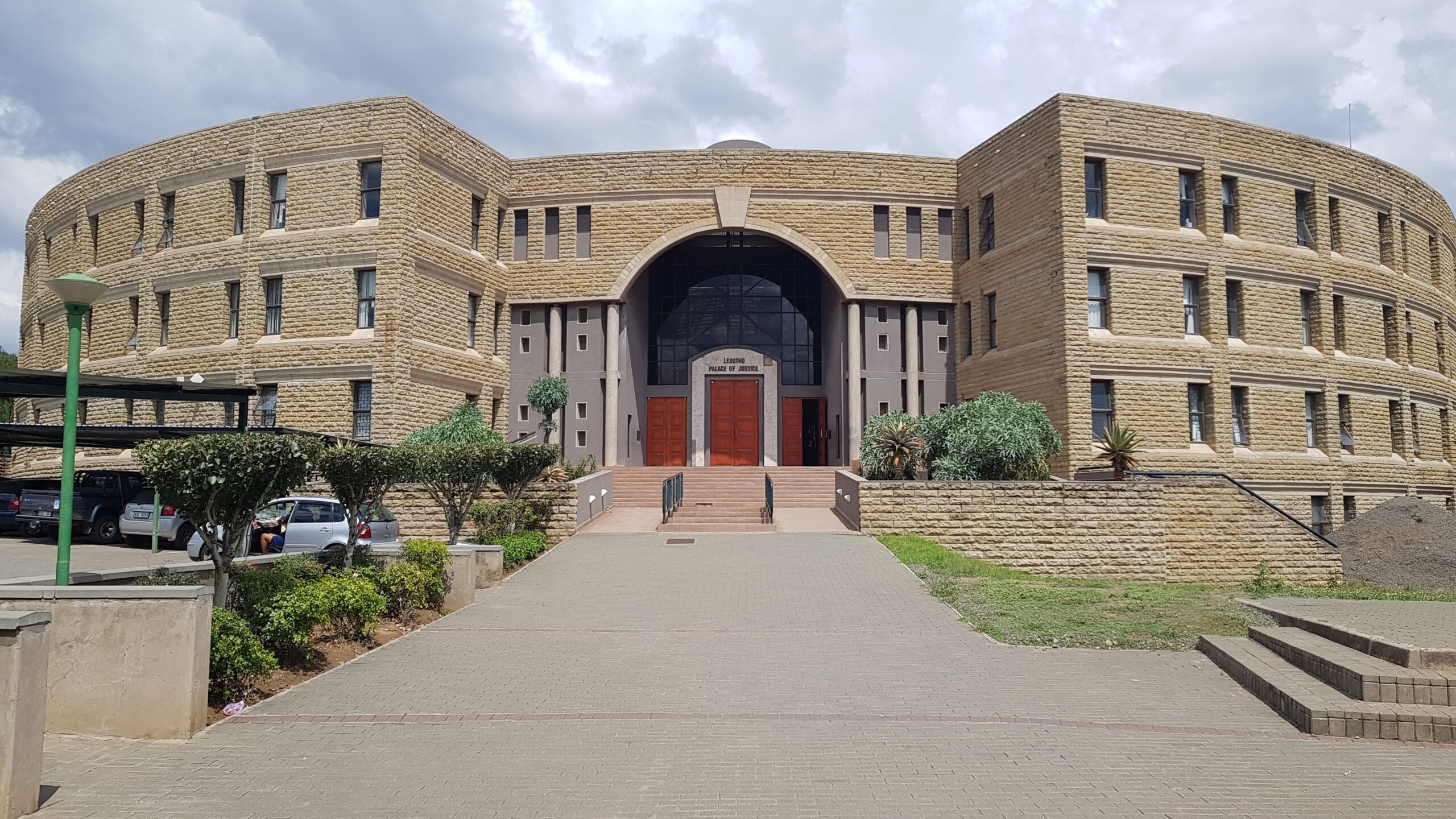Ntsoaki Motaung
The Founder of the Alcohol and Drug Abuse Association of Lesotho (ADAAL) Mphonyane Mofokeng has blamed high cases of cancer in the country on high consumption of alcohol.
Mofokeng said alcohol had been proven to be the cause of seven types of cancer.
“Many people recently are diagnosed with cancer and some end up dead due to illnesses related to cancer,†she said
Mofokeng said this recently during the intensive stakeholder consultative meeting with the national assembly’s economic and development cluster.
She indicated that, unlike tobacco product packaging, alcohol containers did have warning labels illustrating health risks and potential health effects caused by the consumption of alcohol such as cancer.
She said alcohol suppliers knew that their products cause cancer but had decided to keep this a secret from consumers.
“World Health Organisation (WHO) through the Global Alcohol Strategy encourages member states to establish a system for a specific domestic taxation that takes into account the alcohol content of the beverages accompanied by an effective enforcement system,†Mofokeng said.
She said the enactment of the Alcohol and Tobacco Levy Act would help reduce overall alcohol use and related harm.
“Young people and adults engaging in heavy episodes of alcohol use are exposed to serious health and social risks as reflected in the statistics on highway safety injuries, violence, crime or domestic violence according to the World Bank,†she said.
She further told the committee that there was sufficient evidence that alcohol use and related harm occurred in a social context and alcohol users across the spectrum of different amounts and patterns of alcohol intake influenced one another.
“Reducing alcohol affordability through ensuring price increase by raising tax is effective in reducing the overall level of alcohol consumed in a society,†she said.
Mofokeng hailed the government’s move to impose a sin tax.
She said abuse of alcohol and tobacco were among the factors which negatively impacted the country’s economic development.
“Alcohol is a massive obstacle to the sustainable development goals (SDGs) for individuals, communities, and entire society. Because of alcohol, Lesotho fails to report on SDGS because alcohol affects 14 of the 17 SDGS,†she said.
Mothobi Molefi from the South African Alcohol Policy Alliance (SAAPA) also told the committee that alcohol consumption was a problem in Lesotho.
Molefi said 13 years old teenagers consumed alcohol making it difficult for the ministry of health in dealing with non-communicable diseases like hypertension, sugar diabetes, new HIV infections, and re-infections of HIV.
“Alcohol is a number one carcinogen, which is the substance that causes cancer at a high rate,†he said.
He indicated that the most common cancers caused by alcohol in Lesotho include liver cirrhosis (liver cancer), throat cancer, mouth cancer, and bowel cancer.
“As SAAPA we support the 15 percent charge of the alcohol levy. Alcohol is not an essential commodity and it is also a harmful product,†he said.
Minister of Finance and Development Planning, Dr Rets’elisitsoe Matlanyane, also appeared before the parliament committee and told it that alcohol and substance use has been a long-standing public health challenge across the country.
Dr Matlanyane said that alcohol consumption resulted in significant morbidity and mortality, increases violence, crime, and accidents, had major consequences for individuals, families, and communities, and impacted negatively on education and the economy.
“I am talking about road accidents, gender-based violence (GBV), and others including admissions of people at the hospitals with injuries sustained from fights that broke because of drunkenness.â€
She said despite that Lesotho did not appear on international reports on alcohol and drug abuse, there was a noticeable growing challenge of drug abuse especially amongst the youth.
She said the two levies were not influenced by the government’s need to generate income but to discourage the use of alcohol and tobacco products.
According to WHO, the harmful use of alcohol is a causal factor in more than 200 disease and injury conditions.
Worldwide, 3 million deaths every year result from the harmful use of alcohol. This represents 5.3 percent of all deaths.
WHO states: “Overall, 5.1 percent of the global burden of disease and injury is attributable to alcohol, as measured in disability-adjusted life years (DALYs). Beyond health consequences, the harmful use of alcohol brings significant social and economic losses to individuals and society at large.â€
Alcohol consumption, according to WHO causes death and disability relatively early in life, in people aged 20–39 years, approximately 13.5 percent of total deaths are attributable to alcohol.
“There is a causal relationship between harmful use of alcohol and a range of mental and behavioural disorders, other noncommunicable conditions and injuries.â€
Summary
- “World Health Organisation (WHO) through the Global Alcohol Strategy encourages member states to establish a system for a specific domestic taxation that takes into account the alcohol content of the beverages accompanied by an effective enforcement system,†Mofokeng said.
- “Young people and adults engaging in heavy episodes of alcohol use are exposed to serious health and social risks as reflected in the statistics on highway safety injuries, violence, crime or domestic violence according to the World Bank,†she said.
- She further told the committee that there was sufficient evidence that alcohol use and related harm occurred in a social context and alcohol users across the spectrum of different amounts and patterns of alcohol intake influenced one another.

Your Trusted Source for News and Insights in Lesotho!
At Newsday Media, we are passionate about delivering accurate, timely, and engaging news and multimedia content to our diverse audience. Founded with the vision of revolutionizing the media landscape in Lesotho, we have grown into a leading hybrid media company that blends traditional journalism with innovative digital platforms.


